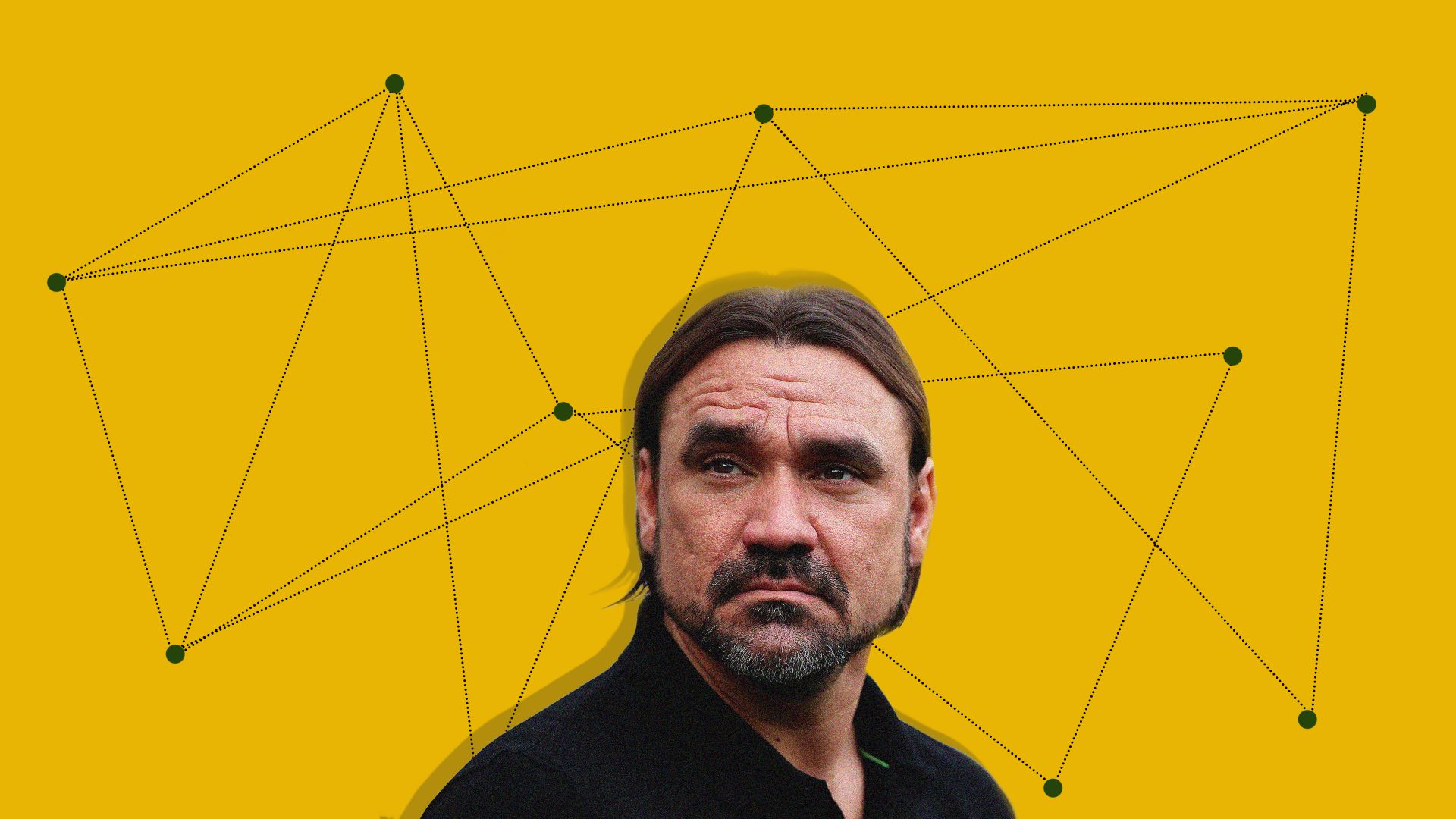I may from time to time in these columns have let it slip that I come from Norfolk. It goes more or less without saying, then, that I support Norwich City Football Club.
When the former Norwich City manager, the estimable Daniel Farke, left the club in 2021, he took up a post in Russia, where he became the manager of the football club in Krasnodar, a city of about a million people that is located on the banks of the River Kuban, about 800 miles south of Moscow and roughly 75 miles west of the Black Sea, with Georgia to the south and the Caspian Sea to the east.
Krasnodar is now a mainly Russian-speaking city. As recently as 1922, however, the majority language there was Ukrainian, but this was before
the genocidal Holodomor, which was the apparently deliberate man-made
famine implemented under Stalin in 1932 and 1933, during which it is believed that about four million Ukrainians starved to death.
Krasnodar became part of Russia only in 1783. This was a result of the Russian army – in a currently all-too-familiar scenario – invading and annexing the territory of a neighbouring nation, as they did over extensive, originally non-Russian areas of Eurasia between the 16th and 20th centuries. The 1783 invasion was in violation of the Treaty of Küçük Kaynarca, which Russia had signed with the Turkish Ottoman Empire only nine years previously.
Speakers of Turkic languages had been in control of the area in which Krasnodar is situated in various ways since the mid-13th century; there are
still speakers of Turkic languages in the region. But the truly indigenous
inhabitants of much of that area had always been speakers of Northwest
Caucasian languages.
These Circassians, as they are sometimes known, were subjected to an appalling episode of systematic ethnic cleansing by Russians, now often known as the Circassian genocide. In the long aftermath of the 1783 invasion, a million and a half Circassians were either murdered by the Russians or expelled from their centuries-old homeland. They fled to Turkey, Jordan and the Middle East, where their descendants can still be
found in large numbers today.
Close to Krasnodar today is the Russian Republic of Adygea, where the Northwest Caucasian Adyghe Circassian language has been granted official status alongside Russian, although in fact the Circassian ethnic group now form only about a quarter of the population, and their language has mostly been replaced by Russian.
Long ago in the Circassian region, there had been a significant presence
of Pontic or Black Sea Greeks and the Greek language. The Ancient Greek
colony of Hermónassa was founded in the 500s BC, and to this day a Greek
population remains in Krasnodar. The Greek former professional basketball
player Lázaros Papadópoulos, who played for both Olympiacos and Panathinaikos, was born in the city of Krasnodar in 1980, though he emigrated with his parents to Salonica in 1990.
Unsurprisingly, given the current situation, Daniel Farke has now left the Russian city of Krasnodar for his native Germany. He was born in Steinhausen in northern Germany, where the traditional language was for
centuries Plattdeutsch or Low German, but which has now also, for the most
part, been replaced by the dominant language, in this case High German.
AFTERMATH
The original meaning of the word aftermath was ‘second crop’, the mowing of a new growth of grass after the first crop of the season had already been mown. It was, in other words, an “after-mowth”. In many parts of Britain,
the word people use for this is not aftermath but eddish.




